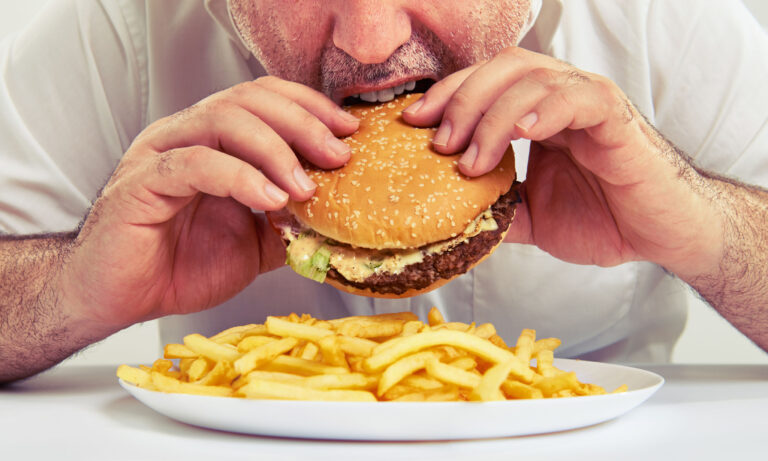Emotional eating is a serious threat to your health

Introduction
Emotional eating can be a threat to your health. This is why many people are overweight and have high cholesterol and blood pressure. Emotional eating refers to when you eat because of negative feelings about yourself. It’s easy to believe that eating will make your feelings go away. Emotional eating can cause weight gain and other health problems. According to the National Eating Disorders Association (NEMA), emotional eating can seriously harm your health. This can lead to weight gain and unhealthy eating habits. It is important to seek help if you are struggling with emotional eating. Counselling and therapy are just two of the many options available to you.
Here are some steps to take if you suspect that you may be emotional eating
Emotional eating can be common and may indicate distress. While some people eat to feel better, others eat obsessively. Emotional eating
This can lead to weight gain and an increase in the risk of developing a serious condition called emotional eating. Although there is no one cause of emotional eating, it can often be caused by a combination of stress, anxiety and depression. It is important to recognize the triggers for emotional eating and to find ways to deal with them.
Recognize that your emotions can cause you to overeat or undereat.
Identify the emotions that influence your eating habits.
Talk to a trusted friend or family member about your feelings.
Change your eating habits and learn healthier ways to deal with emotions.
If necessary, seek professional assistance.
What is the danger of emotional eating?
You’re likely to have indulged in emotional eating, just like most people. Perhaps you have had a few pints of ice cream after a relationship breakup, or ate a bag of chips when stressed. Although it might seem harmless, emotional eating can be dangerous for your health. Emotional consuming can pose a serious risk to your health.
Emotional eating can be a threat to your health. Emotional eating can cause weight gain, insulin resistance, type 2 diabetes, and even obesity. It can increase your risk of stroke and heart disease. Although it might seem harmless, emotional eating can have serious implications for your health. Emotional eating is often an emotional response to stress, anxiety, and other negative emotions.
Emotionally eating is not about eating to get nutrients – it’s eating to feel better. This can lead to weight gain and overeating. It is important to seek professional help if you are struggling with emotional eating. It is important to seek the help of a qualified healthcare professional if you are struggling with emotional eating.
Conclusion
According to the National Eating Disorder Association, emotional eating can seriously harm your health. Emotional eating refers to the use of food to deal with stress or emotions. This type of eating can cause weight gain, obesity, or other health problems. It is important to seek the help of a therapist or doctor if you suspect you might be an emotional eater.




